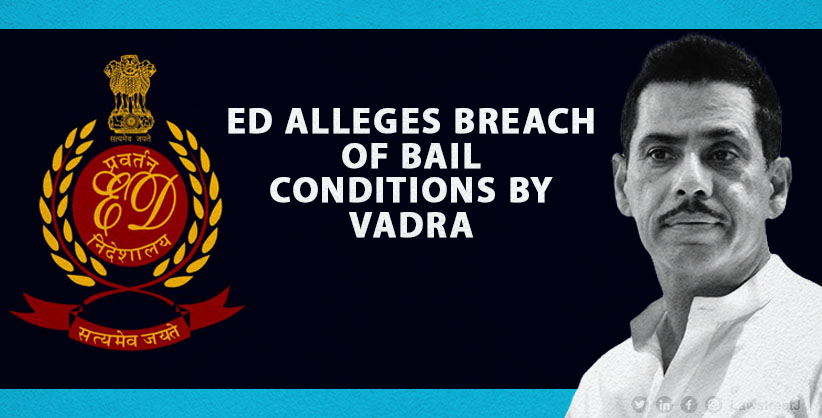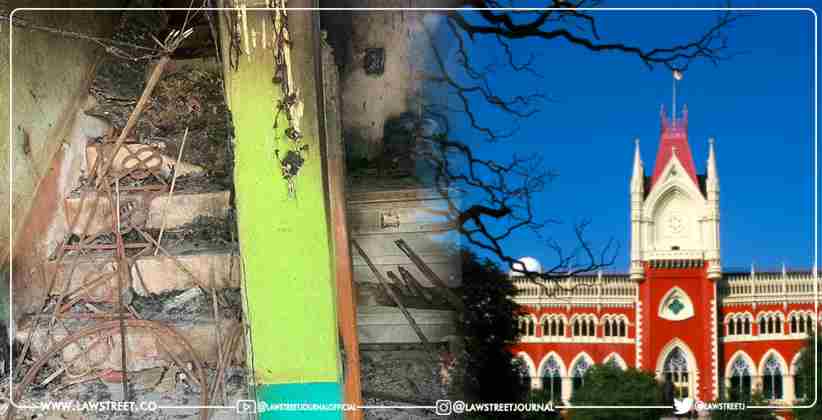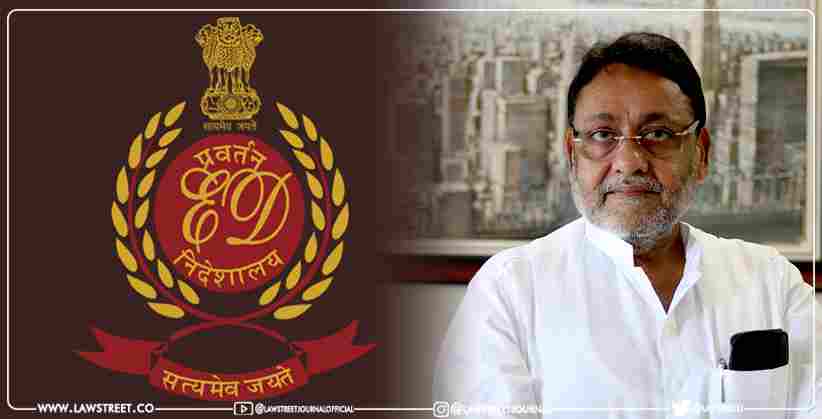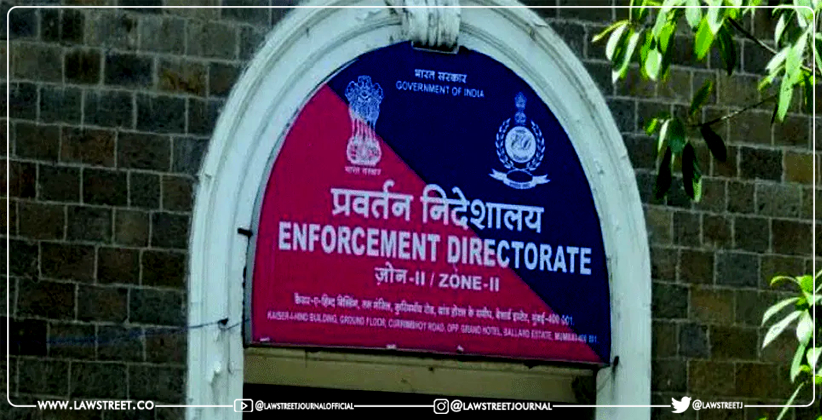The Enforcement Directorate (ED) has challenged before the Delhi High Court the anticipatory bail granted to Robert Vadra, the son-in-law of former Congress president Sonia Gandhi, in a money laundering case, claiming non-compliance with bail conditions.
The EDs counsel said he will file an additional affidavit showing breach of bail conditions by Vadra and sought some time to place it before the court.
Vadra's counsel, on the contrary, refuted the allegations.
Justice Sudhir Kumar Jain, however, granted the ED two weeks to file the additional affidavit and listed the matter for further hearing in September.
The ED had earlier told the high court it wanted to interrogate Vadra in custody, alleging the 'money chain' in the case was directly linked to him.
It had also claimed he was not cooperating in the investigation.
Vadra is facing allegations of money laundering in the purchase of a property in London at 12, Bryanston Square, estimated at 1.9 million pounds (over Rs 17 crore). The case is being probed under the provisions of the Prevention of Money Laundering Act (PMLA).
Vadras lawyer had rejected the EDs allegations and said his client cooperated in the investigation and appeared before the probe agency whenever summoned.
The high court was hearing the ED's plea challenging the anticipatory bail granted to Vadra by a trial court on April 1, 2019.
Vadra had opposed the plea, saying there was not even a single instance of his non-cooperation. He said there was no risk of him tampering with evidence as the agency has already seized from him every document pertaining to the case.
The ED was conducting a 'fishing and roving enquiry' and has no material to support the allegations made against him, he had claimed.
About the anti-money laundering agency's claim that he was a flight risk, Vadra had said in his reply, 'The conduct of the respondent (Vadra) in returning to India from abroad voluntarily upon reading press reports that ED was investigating him made it abundantly clear that Vadra had no intention whatsoever of fleeing the country and was determined to stay in India and clear the name.' While granting anticipatory bail to Vadra, the trial court had directed him not to leave the country without prior permission and also to join the probe as and when called by the investigating officer.









![Calcutta High Court judge directs Supreme Court's Secy Gen to produce transcripts of his interview [Read Order]](/secure/uploads/2023/04/lj_1579_7e4dbb08-78fb-4ca1-9c70-c7173a6c80a9.jpg)






